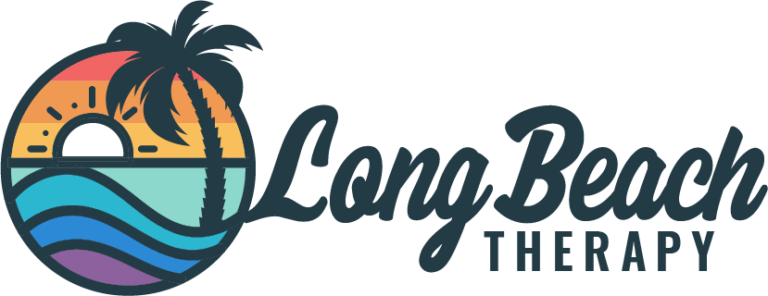How To Tell If Your Therapist Is LGBTQI-friendly Before Going In
You should be proud that you’ve made the decision to head to therapy. A therapist is a licensed professional who can offer you so much more than a shoulder to lean on. Your therapist can provide you with the tools your need to repair your mental and emotional strength. He or she can also help you effectively deal with the complications you’re facing because of your sexuality. It’s important to find a therapist that is LGBTQI-identifying or LGBTQI-friendly. This may not always be explicitly stated, but there are signs you can look for to ensure you’re entering a safe therapeutic space.
Ask Around The Community
If there’s a great LGBTQI-friendly therapist in the area, chances are other members of the community know about him or her. Reach out to your close friends for referrals. Or head to your local LGBTQI center to get information that can lead you to the right practice.
Use The Web
Word of mouth is especially powerful online. Check out the website of your potential therapist. Does it have gay friendly terminology, does it have a gay symbol (rainbow, triangle, etc)? Do they write about LGBTQI issues on their blogs?
Consider Long-Distance
Rural areas and smaller cities may not have therapists with an LGBTQI specialty. In this instance, consider reaching out to some therapists from nearby cities who are willing to work with you from afar. Also, consider therapy online therapy. A therapist’s license is good anywhere in the state they reside. If you have a hard time finding a gay friendly therapist in your area, maybe there is a gay friendly therapist on the other side of the state who offers online sessions. Since you’ll be relying on their services remotely, be sure to dive into their specialties before initiating treatment.
Interview Your Therapist
If you’re unsure of their status around LGBTQI issues, just ask. It’s better to have a free consultation with a therapist that leads nowhere than to initiate treatment that works against you. In your interview, get to know more about the therapist and his or her involvement in the community. Have they worked with LGBTQI people before you? Have they completed any academic work on LGBTQI issues? Do they identify as LGBTQI or know anyone that does?
Understand Your Therapist
Yes, you are the patient and not the trained professional. But it’s important to pay attention to the message your therapist is sending. Is it a positive one or one that reinforces negative feelings about your identity? If it’s the latter, you need to discontinue treatment and find someone else.
Pay Attention To Religiously Affiliated Offices
A therapy practice that advertises its affiliation with a specific religion will often use that religion as the basis for your treatment. Research that particular religions view of our community. You could find yourself in a situation where your therapy builds upon your negative feelings about yourself instead of dispelling them.
Educate Yourself
Familiarize yourself with the terminology of biased therapeutic professionals. Does your therapist call you a ‘confused homosexual’? Or does he or she make you feel like your sexuality is inappropriate? Does he or she search for blame for who you are? If this is the case, you’re not in a positive, affirming therapy relationship.
When you’re looking for an LGBTQI -friendly therapist, the writing may not necessarily be on the wall. But with a little digging, you can end up with the right kind of care.
If you are looking for a gay friendly therapist in Long Beach, or Transgender friendly therapist in Long Beach, please call to set up an appointment. Please remember that if you are not in driving distance from my office, that I do provide Skype and facetime sessions. It is sometimes difficult to find a gay friendly therapist, so I try to accommodate my clients by providing tele-therapy (meaning skype, facetime, etc).
